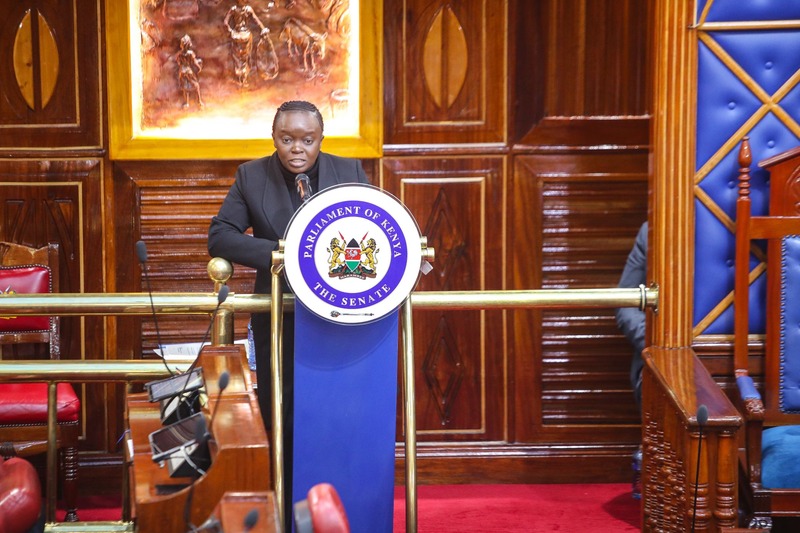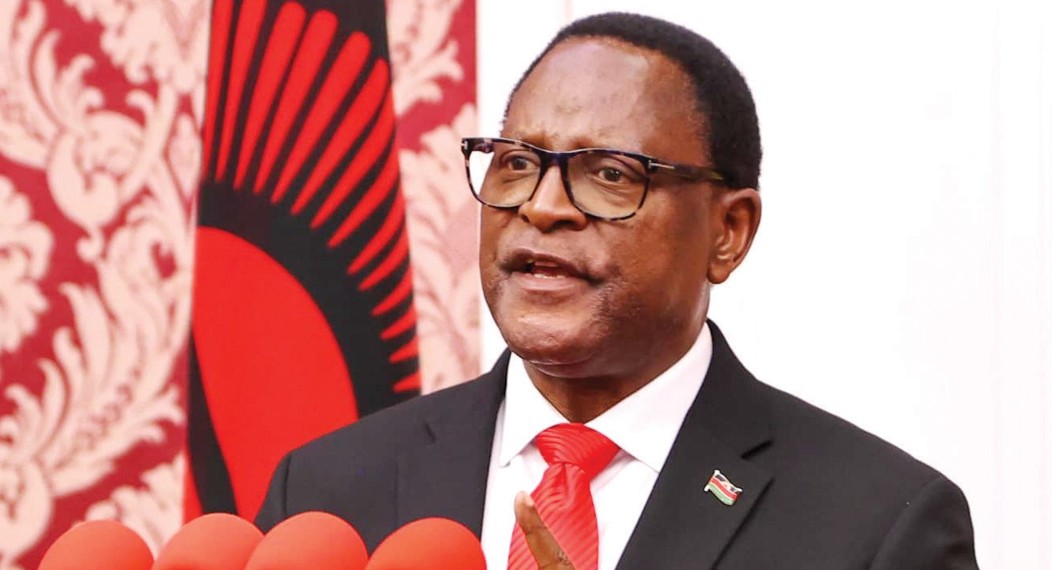MPs, state officials could be forced to use public hospitals under proposed healthcare reforms

The policy would also ensure that top officials no longer enjoy medical privileges at the taxpayer’s expense, a move that could save the government millions annually.
A proposal that could reshape the healthcare system for top government officials has been introduced in Parliament.
The motion calls for all state officers, including lawmakers, Cabinet Secretaries and heads of government parastatals, to solely rely on the Social Health Insurance Fund (SHIF) and public healthcare facilities for their medical needs.
More To Read
- Ruto targets faster healthcare access with KEMSA direct medicine deliveries to hospitals
- Over 29,000 Kenyans die of cancer yearly as high costs force them to abandon treatment
- ‘Terrible state’: Senators outraged by lapses, mismanagement at Kiambu Referral Hospital
- Teachers’ medical benefits expanded as SHA cover replaces Minet from December
- Ministry of Health announces measures to reduce maternal, newborn deaths
- SHA faces Sh30 billion backlog despite Sh81 billion collected since inception
The motion, tabled by nominated MP Sabina Chege on Wednesday, seeks to make it mandatory for all civil servants and state officers to use public healthcare services. This includes using SHIF for treatment at public hospitals, which currently serves millions of Kenyans but has been criticised for its poor service delivery.
“This House, therefore, resolves that the government, through the Ministry of Health, implements the Kenya Universal Healthcare Coverage Policy 2020-2030, and introduces a policy on mandatory use of public health care facilities by all civil servants, public officers and state officers in the country,” the motion reads.
Supporters of the motion argue that requiring top government officials to depend on SHIF would ensure that they push for improvements in the system, which has long been plagued by delays, inadequate facilities, and denied claims.
By experiencing the challenges faced by the general public, they believe lawmakers and other officials would become more committed to advocating for better funding and reforms to the system.
Under the current system, top government officers have access to the Public Officers Medical Scheme, which offers private treatment options and even covers medical evacuations abroad.
This has led to a stark contrast in the quality of healthcare received by public servants and ordinary Kenyans, many of whom struggle with overcrowded public hospitals and limited medical supplies.
The introduction of this new policy would address the inequality in healthcare access and encourage public officers to become more engaged in the reform process.
Advocates believe this is a necessary step to hold the government accountable in its push to achieve Universal Health Coverage (UHC) by 2030.
The policy would also ensure that top officials no longer enjoy medical privileges at the taxpayer’s expense, a move that could save the government millions annually.
Opposition from MPs
However, the proposal faces opposition, particularly from MPs, who benefit from the current healthcare arrangement.
Critics argue that it would limit their access to better treatment options and increase the strain on already struggling public hospitals.
Given the high number of MPs who do not use SHIF, there is concern that the motion may not garner sufficient support.
The effectiveness of SHIF has long been questioned, as many Kenyans have experienced long waiting times, limited medical resources, and inefficient claims processes.
Shifting state officers to this system would put pressure on the government to allocate more funds to improve SHIF and public healthcare facilities.
This, supporters claim, would lead to a more equitable healthcare system, where top officials are no longer insulated from the challenges faced by ordinary citizens.
Kenyans have long criticised the dual system that allows government officials to seek treatment abroad or in private hospitals, while the majority of the population has no such options.
The introduction of mandatory use of SHIF would address this disparity, ensuring that leaders feel the same impact when the system fails.
Despite these arguments, the motion is expected to face strong resistance from legislators who are reluctant to give up their access to private healthcare.
Past attempts to reform the healthcare system have often stalled due to the reluctance of those in power to make personal sacrifices.
For the proposal to succeed, it will need to overcome political challenges and gain broad support in Parliament.
If passed, the policy would be a historic step towards ensuring that public servants are subject to the same healthcare challenges as the rest of the population.
Top Stories Today












































